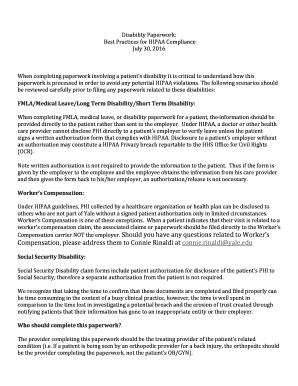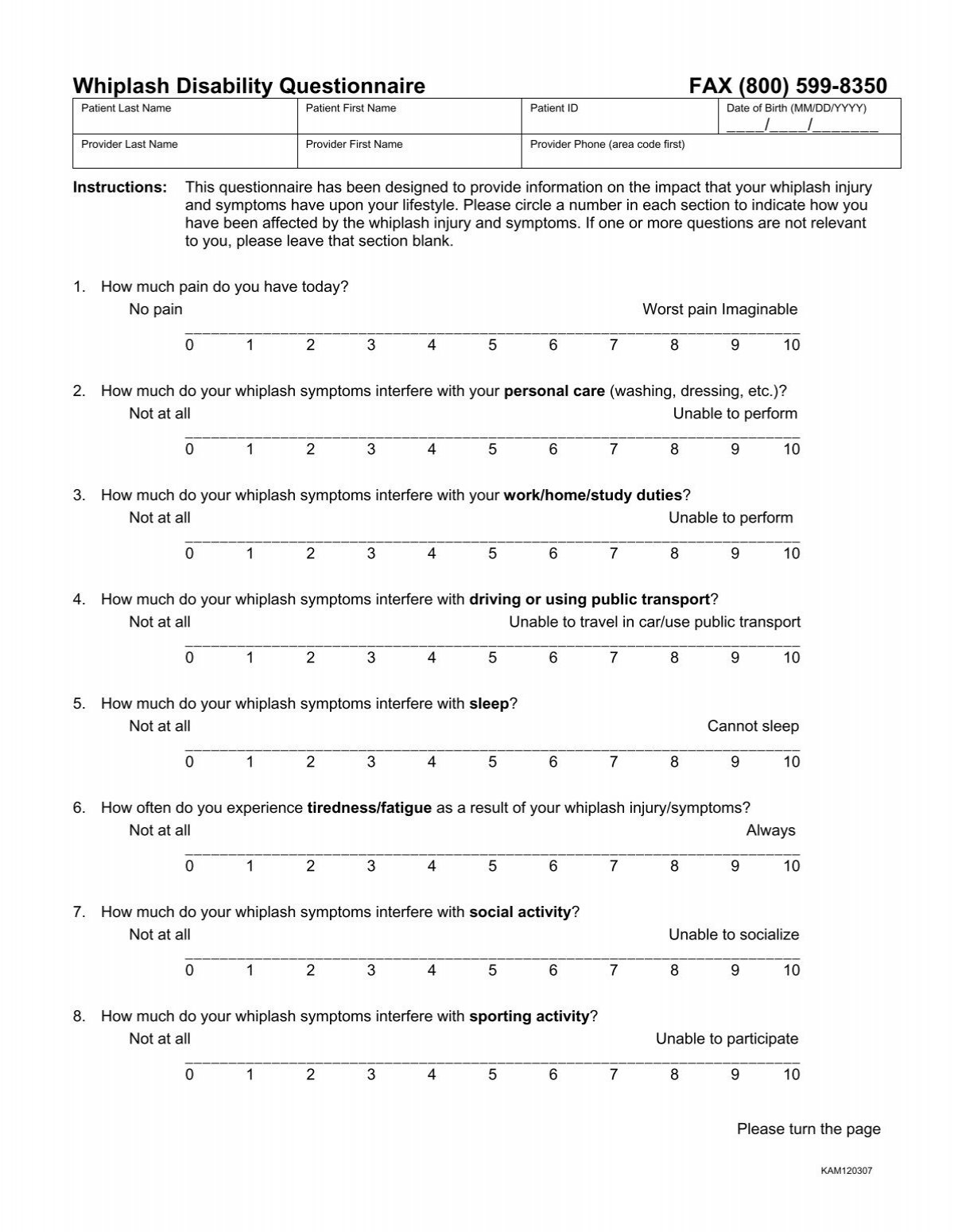5 Steps to Obtain Disability Paperwork Easily

Navigating the paperwork required to establish eligibility for disability benefits can seem like a daunting process, but with the right approach, it can be streamlined and managed effectively. Whether you’re seeking benefits due to a physical, mental, or emotional condition, understanding the steps to gather the necessary documents will make the journey smoother.
Step 1: Understand Your Eligibility Criteria

Before you begin collecting paperwork, it’s crucial to know which disability benefits you might qualify for. The criteria for benefits can vary depending on the country or region you reside in:
- Social Security Disability Insurance (SSDI) in the U.S. requires work credits based on your earnings.
- Supplemental Security Income (SSI) is based on income and resources.
- Some countries provide disability pensions or allowances based on different criteria like age, work history, and the severity of the disability.
Research your local or national laws to understand the specific requirements. Keep in mind that eligibility might change over time, so staying informed is essential.
Step 2: Gather Medical Records and Documentation

Medical evidence is the cornerstone of any disability claim:
- Contact your healthcare providers for your medical records, including:
- Doctor’s notes and progress reports.
- Lab results, X-rays, MRIs, and other diagnostic tests.
- Prescriptions and a list of medications.
- Treatment plans or records of hospitalizations.
- If you’ve seen specialists, collect their opinions and findings.
⚠️ Note: Ensure that your doctors or therapists are willing to provide detailed information about your condition and its impact on your daily life.
Step 3: Collect Work History and Employment Records

Your work history is critical, especially for SSDI:
- Request copies of your employment records, including:
- Pay stubs or W-2 forms to prove your earnings.
- Detailed job descriptions.
- Records of any accommodations or adjustments made for you at work due to your disability.
- Document any periods of unemployment or reduced work capacity related to your condition.
Step 4: Complete Application Forms

With your documentation ready, it's time to fill out the application:
- Be thorough and precise when completing forms. Use specific examples and dates to illustrate your condition's impact.
- Include any secondary conditions that might affect your eligibility.
- Check for online applications or local offices where you can submit your documents in person.
| Form | Description |
|---|---|
| Disability Report | Details your condition, functional limitations, and its effects. |
| Work History Report | Includes your work record, job duties, and reason for leaving work. |
| Authorization to Release Information | Permits access to your medical records from healthcare providers. |

📝 Note: Accuracy is key. Incomplete or incorrect applications can lead to delays or denials.
Step 5: Engage with the Review Process

After submitting your application:
- Respond promptly to any requests for additional information or clarification.
- Understand that there will likely be a wait time for a decision. Some agencies offer tracking services or status updates.
- If your claim is denied, don't lose hope. Many initial claims are denied, and there’s an appeal process.
Wrapping It Up

Obtaining disability paperwork is a multi-faceted process, but by following these steps, you can streamline your efforts. Knowing your eligibility, gathering all necessary medical and work-related documents, completing your application meticulously, and engaging with the review process can increase your chances of a successful outcome. Remember that patience and persistence are key, especially if faced with a denial. Seek out advice or support from advocacy groups or legal counsel if needed.
How long does the disability application process take?

+
The length of time can vary, but initial decisions can take anywhere from 3-6 months in some countries. Appeals can extend this time significantly.
What if my disability is not obvious or hard to document?

+
Seek out medical professionals who can thoroughly document your condition. In some cases, psychological or functional capacity evaluations might be necessary.
Can I work while applying for disability?

+
In many places, you can work to some extent while applying for disability benefits. However, there are usually income limits, and you need to report your work activity to ensure compliance with the program rules.
What if I can’t afford the medical documentation costs?

+
Some medical providers offer pro-bono or reduced-rate services for disability cases, or there might be community resources or legal aid available. Many disability programs will reimburse some costs if you’re ultimately approved.